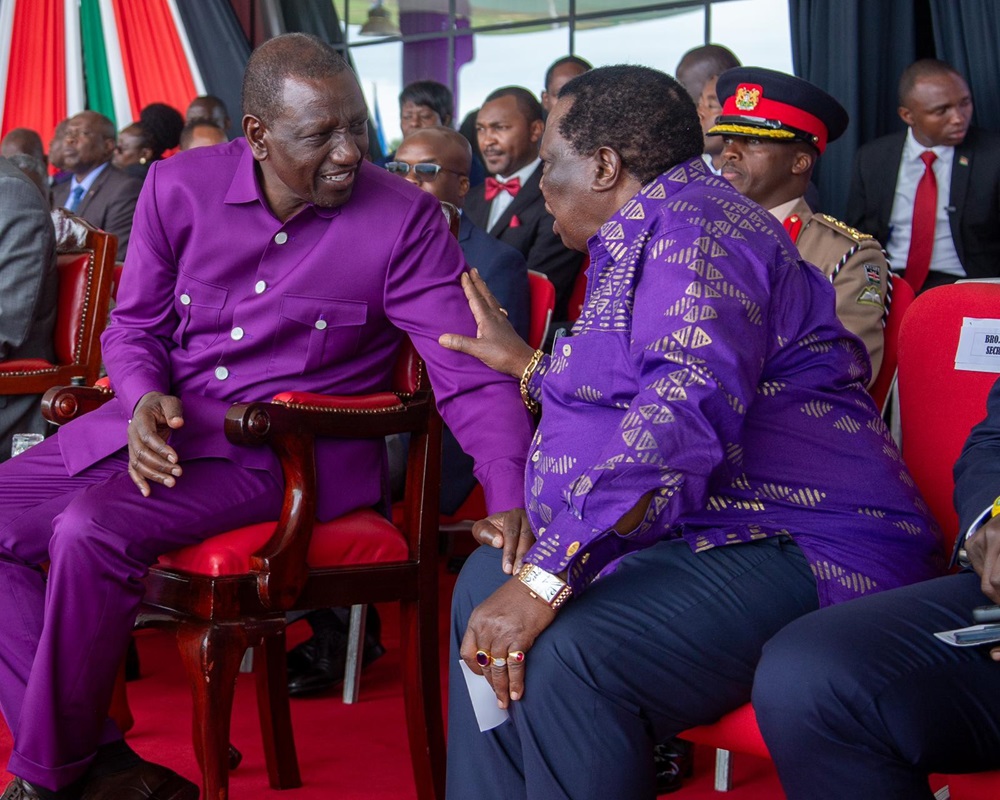Kenya’s least paid worker is likely to see a Ksh 841.52 monthly salary increment following a directive by President William Ruto.
While presiding over the 59th Labour Day celebrations in Nairobi, President Ruto directed the Ministry of Labour and Social Protection to activate multiple wage councils outlined in the 2007 Labour Relations Act.
“They will negotiate minimum wages in different sectors, enhancing conciliation, mediation, and industrial peace,” said the President.
If the recommendations by the councils for seafarers, and protective, general, and agricultural wages are adopted, lowest paid workers in Kenya’s major towns could earn a minimum of Ksh 14,866.92 on a monthly contract from the current Ksh 14,025.40.
On the other hand, workers in the four cities of Nairobi, Mombasa, Kisumu and Nakuru will get a minimum pay increment of Ksh 912.10 to Ksh 16,113.75.
The announcement comes amid prevailing doctors strike that has paralyzed operations of the country’s public health system.
According to the president of the 19 demands by doctors, the government has honoured 17 under the Collective Bargaining Agreements (CBA).
“It is neither just, proper, nor reasonable for any group to make demands that run counter to this imperative, elevate their claims above legitimate benchmarks, or exceed our economic capacity,” he stated.
According to Labour and Social Protection Cabinet Secretary Florence Bore, the ministry is also in the process of reviewing the existing labour laws that will ensure the country is responsive to the current labour demands.
“In our quest to foster workplace harmony and acceptable conditions of work, the labour inspectorate has diligently processed over 11,312 labour disputes, conducted more than 12,156 workplace inspections and facilitated registration of an additional 334 Collective Bargaining Agreements in the last one year,” said Bore.
Central Organization of Trade Union (COTU) Secretary General Francis Atwoli however called on the president to consider at least 22.5pc increase in general wages and expand infrastructure that will sustain informal workforce.





